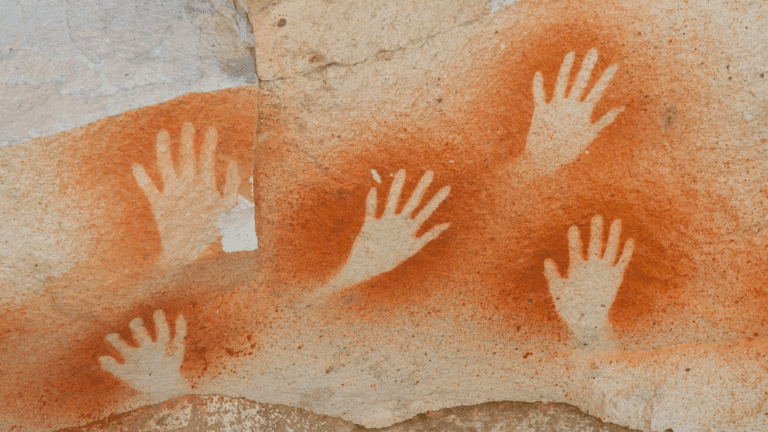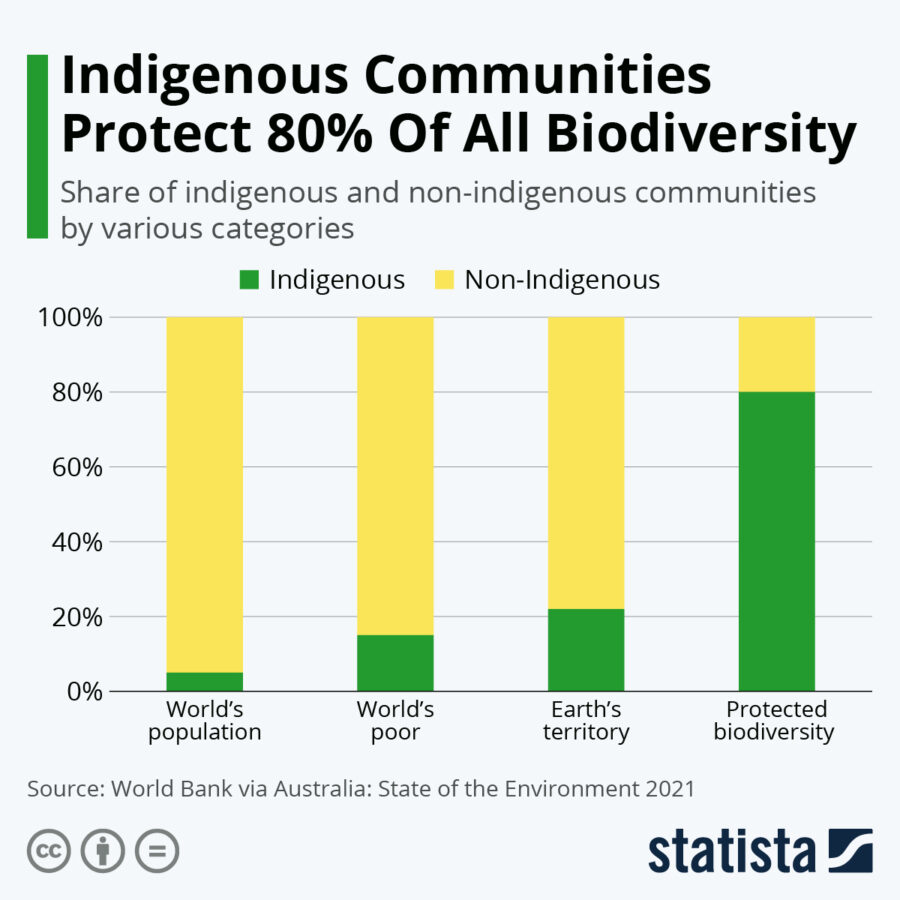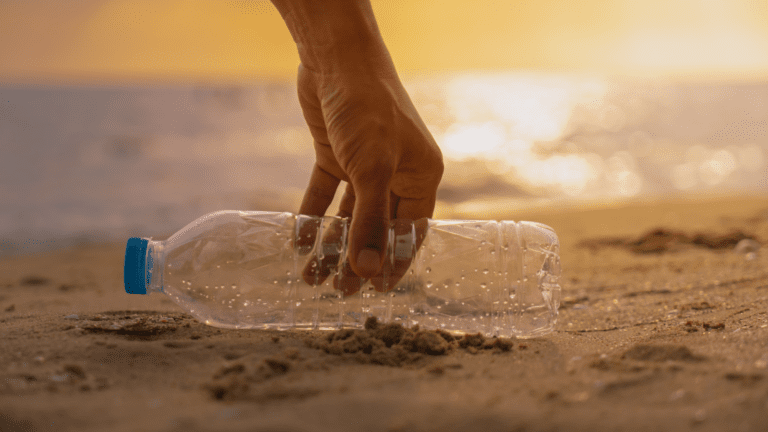5 ways Indigenous people are protecting the planet

Douglas Broom, Senior Writer, Forum Agenda
- Indigenous people make up just 5% of the global population.
- Yet they have a critical role in protecting the planet, a new World Economic Forum report says.
- To mark International Day of the World’s Indigenous Peoples, here’s what we can learn from them about living more sustainably and fighting the climate crisis
One-third of the Earth’s surface is in the care of Indigenous peoples and local communities – and it’s in better environmental shape than most of the rest of the world. Maybe we could learn something from Indigenous people about how to care for our world?
August 9 is the United Nations’ International Day of the World’s Indigenous Peoples, a chance to reflect on the lives and contributions of the estimated 476 million Indigenous people who live across 90 countries.
As the inheritors of unique ways of living, Indigenous peoples have long suffered discrimination and worse, according to the UN. But despite a history of oppression, their ability to live in harmony with nature is increasingly understood and appreciated.
Although they make up less than 5% of the global population, Indigenous people protect 80% of Earth’s remaining biodiversity. Their critical role is highlighted in the World Economic Forum’s 2023 report Embedding Indigenous Knowledge in the Conservation and Restoration of Landscapes.
Here are some of the ways they are protecting the planet.
1. Safeguarding knowledge
Indigenous people have unique insights into how to conserve and protect the environment, built up, as the Forum’s report pointed out, over literally thousands of years and deeply embedded in their cultures.
The very survival of Indigenous communities in often challenging environments is proof of the value of their knowledge when it comes to helping the rest of the globe cope with the climate crisis, experts say.
The United Nations’ International Fund for Agricultural Development (IFAD) put it like this: “The inherent dynamism of Indigenous peoples’ knowledge systems lies at the heart of their ability to adjust and modify their actions in response to environmental change”.
2. Food for all
Indigenous people are experts at small-scale community food production and the IFAD says the rest of the world could learn a lot from their approach in a world where globalized food systems have come under threat from war and COVID-19.
The success of Indigenous people in producing healthy food while protecting their natural environments benefits the whole world, says the Forum’s report which adds: “maintaining biodiversity is critical to ensuring a sustainable food supply, as well as providing protection from pollution, flooding and climate breakdown”.
Yet small-scale farmers are particularly vulnerable to the effects of the climate crisis, which is why IFAD has invested in the Slow Food initiative which helps smallholders to increase output and to market their produce to a wider audience.
3. Enhancing biodiversity

Nearly half of the world’s endangered mammals live on land owned and protected by Indigenous people. In many countries, the richness of animal and plant life found on indigenous people’s land is comparable to protected nature reserves, the Forum report says.
Indigenous people also play a key role in protecting the Earth’s forests. Research for the Forum’s 2022 Forests for Climate whitepaper found that rates of deforestation in areas inhabited by Indigenous people were three to four times lower than neighbouring lands.
“Globally, Indigenous people manage nearly 300 billion tonnes of carbon stored above and below ground, equal to more than 30 years’ worth of global emissions,” the whitepaper noted, adding that the inclusion of indigenous peoples was becoming a condition for certification and funding of carbon offsetting schemes.
4. Custodians of the land
It’s estimated that half of the world’s land is in the custodianship of Indigenous peoples and other local communities, according to the World Resources Institute (WRI). And it’s not just the world’s Indigenous people who benefit – 2.5 billion people depend on these lands for their livelihoods.
Speaking at Davos 2023, Fawn Sharp, President of the National Congress of American Indians, said that “we have no margin of error” when it comes to tackling the climate crisis and that “the most significant thing that people can learn from Native Americans is our spiritual connection to our lands, our spiritual connection to our creator”.

Indigenous people are on the frontline against illegal exploitation of the lands they occupy, even where government protections are in place. WRI says that in the Amazon rainforest patrols by Indigenous people have successfully stopped illegal logging.
In Suriname, Indigenous people took the initiative to declare 7.2 million hectares of rainforest as the Indigenous Southern Suriname Conservation Corridor, acting as rangers to ensure its protection. The government subsequently gave the Corridor official status by recognizing their declaration.
5. Taking climate action
Just by pursuing their traditional methods of cultivation, Indigenous people are acting to reduce carbon emissions which cause climate change.
The Forum’s Embedding Indigenous Knowledge report said the re-introduction of traditional controlled forest-burning by indigenous peoples of Northern Australia had halved the volume of carbon-emitting wildfires.
In February 2023, Indigenous people from all over the world met at the Indigenous Peoples’ Forum to discuss ways to spread their knowledge about how to promote sustainable ways of living and farming.
Warning that Indigenous people are particularly affected by the impacts of climate change, they called on governments to ensure that they include Indigenous people in discussions and decision-making about measures to tackle the climate emergency.
“I think the question that we need to be asking ourselves is, how can we make sure that it’s not a privilege, but ensure that it’s a right that we have to be in nature?” said Helena Gualinga, Co-Founder, Indigenous Youth Collective of Amazon Defenders, Ecuador, at Davos 2023. “And how can we make sure that we can restore these places that have been degraded elsewhere in the world so that we all can have access to nature?”
This article is republished from World Economic Forum under a Creative Commons license. Read the original article.
- About the Author
- Latest Posts








